Customer Company Size
Large Corporate
Region
- Asia
Product
- ICONICS GENESIS32™ OPC-based HMI/SCADA suite
Tech Stack
- Windows Server
- Windows XP
- Windows Small Business Server
- Microsoft Office
- Access
- SQL Server
Implementation Scale
- Enterprise-wide Deployment
Impact Metrics
- Cost Savings
- Productivity Improvements
Technology Category
- Application Infrastructure & Middleware - Data Exchange & Integration
Applicable Industries
- Railway & Metro
Applicable Functions
- Logistics & Transportation
- Maintenance
Use Cases
- Energy Management System
- Remote Asset Management
Services
- System Integration
About The Customer
Kazakhstan’s railways celebrated their centennial in 2004. The state rail facilities have been incorporated into JSC National Company Kazakhstan Temir Zholy (KTZ) more than ten years ago. Kazakhstan’s railroad combines about 14,000 kilometers of rails with 700 stations and KTZ is one of the railways reform leaders in the Commonwealth of Independent States (CIS). According to KTZ’s mission statement, the company works to ensure the “effective organization, coordination and maintenance of transportation processes with the purpose of the maximal satisfaction of needs of freight senders and the population at rational use of resources”.
The Challenge
Kazakhstan’s railways, incorporated into JSC National Company Kazakhstan Temir Zholy (KTZ), combines about 14,000 kilometers of rails with 700 stations. The amount of cargo and passenger traffic grows every year, inevitably leading to higher electricity expenditures. Electricity usage reform and increasing prices for energy resource are common everywhere. Therefore, implementation of an Automation System of Control and consumption for Energy (ASCUE) for the rail node was seen as a necessity. The railways need the system for real-time electricity monitoring to minimize energy use and ensure an optimum relationship between costs and the volume of work and services.
The Solution
The system integrator Technik-Trade, a PROSOFT company dealer in Kazakhstan, offered ICONICS GENESIS32™ OPC-based HMI/SCADA suite for Kazakhstan’s railway ASCUE. The solution was approved by KTZ’s Energy Supply Department thanks to ICONICS ability to meet the specified project requirements. ICONICS’ GENESIS32 software was selected to replace a competitor’s legacy product. The teamwork of Technik-Trade, KTZ’s Energy Department engineers and managers, the railway division’s ASCUE specialists, the metrological service direction of the Kazakhstan Electricity Grid Operating Company (KEGOC) and the contractors’ staff (from organizations including Transtelecom, Astel, TEP, RECLE and KESH) helped ensure the success of the project.
Operational Impact
Quantitative Benefit

Case Study missing?
Start adding your own!
Register with your work email and create a new case study profile for your business.
Related Case Studies.
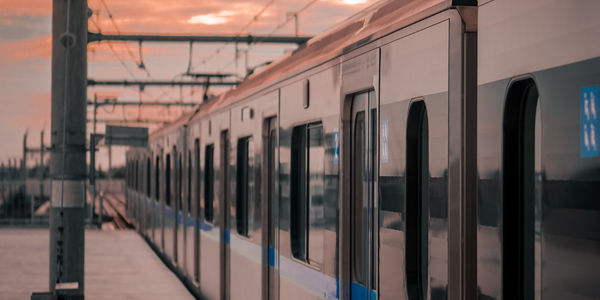
Case Study
Building Smart IoT-Connected Railways
• Difficult environment. Communications equipment on trains must function properly in harsh conditions, such as environment temperatures ranging from -25°C to +85°C, according to the EU standard EN50155.• Railway regulations. All products in a train must adhere to strict standards, relating to working vibration, power consumption, and lifetime.• Lengthy process. Time to market in the railway industry can take years from concept to mass production, so product design requires a solid long term vision.
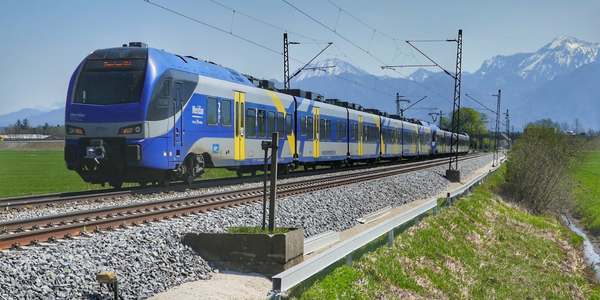
Case Study
Connected Transportation: A Smarter Brain for Your Train with Intel
A modern locomotive, for example, has as many as 200 sensors generating more than a billion data points per second. Vibration sensors surround critical components, video cameras scan the track and cab, while other sensors monitor RPM, power, temperature, the fuel mix, exhaust characteristics, and more.Most of today’s locomotives lack sufficient on-board processing power to make full use of all this data. To make matters worse, the data from different subsystems, such as the brakes, fuel system, and engine, remain separate, stored in isolated “boxes” that prevent unified analysis. The data is available, but the technology needed to process it in the most effective manner is not. As new sensors are added to the machine, the problem escalates.
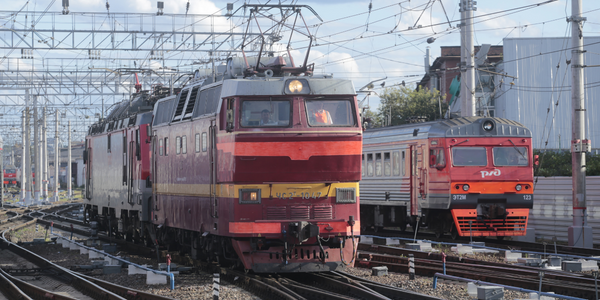
Case Study
Using LonWorks to Keep Acela Trains Zip Along
Canadian transportation company, Bombardier was tasked with building a bullet train system on rails that were designed for lower speed trains. In addition, they had to ensure safe and optimal operation at high speeds, maximize train uptime and enhance communication with passengers.
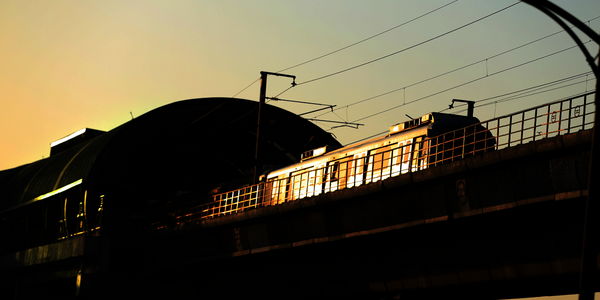
Case Study
Delhi NCR Metro: A Mobile App Revolutionizing Public Transportation
The Delhi NCR Metro, a major public transportation system in India, was facing a challenge in providing accurate and comprehensive information to its daily commuters and tourists. The lack of a centralized platform for information about metro station details, train schedules, fare details, parking, elevators, and tourist locations was causing inconvenience to the users. The challenge was to develop a mobile app that could provide all this information accurately and conveniently. The app needed to be equipped with GPS services to help users find the nearest metro and renowned locations. An interactive map was also required to assist travelers who were familiar with the metro lines. The goal was to provide maximum information with minimum input.
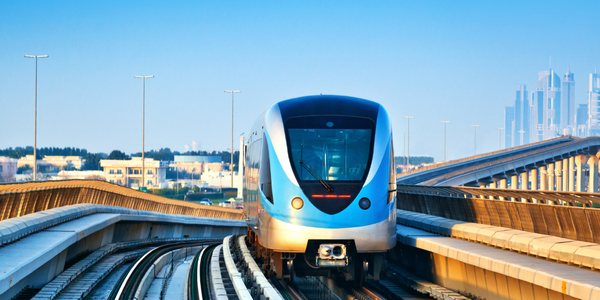
Case Study
Automated Railcar Inspections Increase Security and Revenue
Providing industry and government customers with intelligent inspection, automation, safety, and security solutions, Duos Technologies Group, Inc. (“Duos” or the “Company” - Nasdaq: DUOT) continually pushes the boundaries of IT. To keep pace with expanding AI-enabled data capture analytics for its edge railcar inspections, the company chose the latest Dell EMC PowerEdge servers.Duos Technologies’ challenge was finding a way to leverage technology as a force multiplier to meet customer requirements for a better, faster inspection process for trains running at full speed. Duos developed innovative data analytic solutions with AI at the edge to conduct more reliable railcar inspections, which are available 24/7/365 in all climates and conditions.







